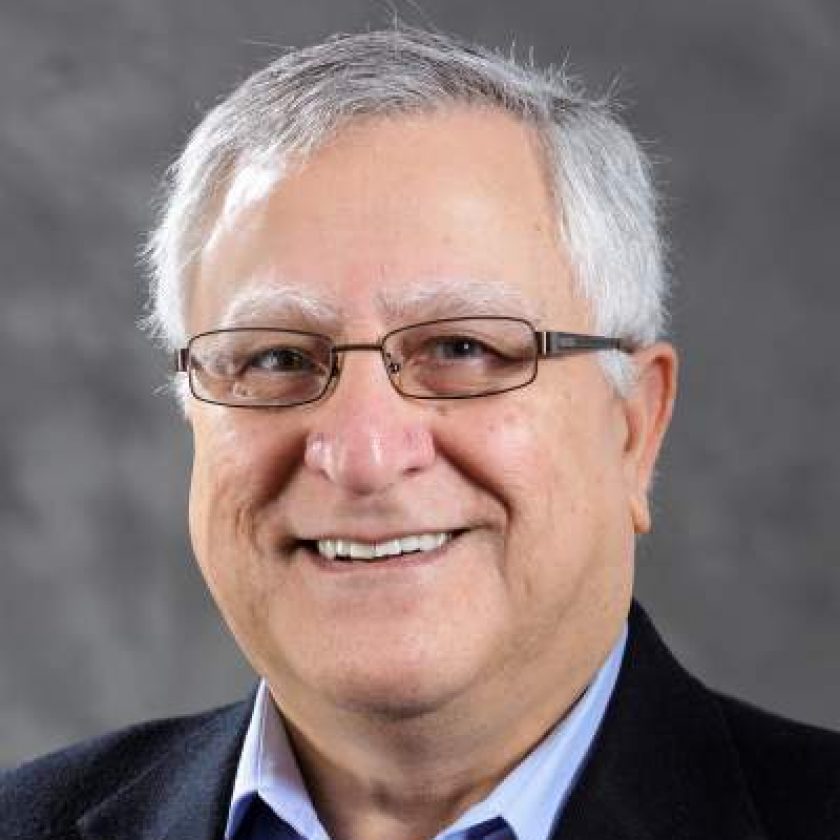Abstract
During the last few decades, the profession of electrical engineering has changed enormously in three areas: boundaries of the EE discipline, industry expectations from our graduates, and learning modalities of the new generation of students. The electrical engineering discipline has expanded rapidly and is now encompassing a large number of fields such as medicine, chemistry, biology, math as well as all other engineering disciplines. With such a wide expansion, it is now hard to identify the boundaries of the electrical engineering discipline. Consequently, it is hard for universities to identify the core electrical engineering curriculum, and it is indeed impossible to cover a core that takes into account all new areas in a 4 year curriculum. From the industry viewpoint, because of the dramatic and irreversible changes in engineering practice, the skills required from the engineers in the 21-century are substantially different from those required decades ago. This is mainly because a large number new corporations are reorganized around a limited number of specific products (deregulated utilities), rather than a wide plethora of products (GE model). Also, because companies can and do change focus, they demand flexible education. It is realistic to assume that most of our graduates will be working in smaller organizations with narrow focus, which demands that most engineers possess what is known as the “essential 10” skills. From the teaching perspective, universities must examine and modify their educational pedagogy and delivery. Although classical teaching techniques were effective in the past, they may not be successful with today’s generation of engineering students. The students are now intrigued by high tech toys which make them more responsive to challenges and quick to react. These are great skills. However, unfortunately, the same technology has produced a class of students that are impatient, must always be entertained, more difficult to concentrate, easier for them to memorize than to learn and have weaker engineering judgments with false sense of achievement. It would seem that multi-media education on the low level learning (knowledge, comprehension and application) and the high level learning (analysis, evaluation and synthesis) will be successful with today’s students.
Biography
Mohamed A. El-Sharkawi is a Fellow of IEEE. He received his Ph.D. in Electrical Engineering from the University of British Columbia in 1980. In 1980, he joined the University of Washington as a faculty member where he is presently a Professor of Electrical Engineering. He also served as the Associate Chair and the Chairman of Graduate Studies and Research. He authored four textbooks in the area of electric energy, electric drives, electric safety and wind energy. He also authored over 250 technical papers and research books and holds 5 licensed patents in the areas of wind energy, dynamic VAR management, and minimum arc sequential circuit breaker. His extensive professional activities include serving as the Vice President for Technical Activities of the IEEE Computational Intelligence Society, founding chairman of several task forces, working groups and subcommittees, including the IEEE-PES subcommittee of renewable energy machines and systems. He is also the founder or chairman of several international and regional conferences, organizer and chairman of numerous panels and special sessions, and organizer and instructor of several international tutorials on topics such as power systems, wind energy, renewable energy integration, electric safety, induction voltage hazards, load forecasting, vulnerability assessment, VAR management, and power systems operations. Professor El-Sharkawi was awarded several educational, service, and research awards. Among them is the Outstanding Educator Award for IEEE Western region in 2014 and the International Fellow award 2015-2017.


